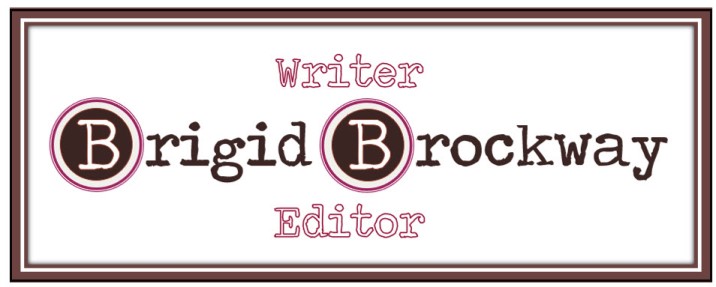The Spanish word manana is related to the word cras as well, sort of. Manana actually means early, and is a shortening of cras manana, meaning tomorrow early. Manana, when used with an article actually means morning in Spanish, according to Babel Fish.
The name Babel Fish is a reference to Douglas Adams' Hitchhiker's Guide to the Universe; in his books, the Babel Fish is a critter that you shove into your ear, and it translates stuff from other languages directly into your brain. It's such a perfect symbiotic relationship, according to Adams, that it proves the existence of of God... except that it doesn't, as this interchange explains. I copied this from Wikipedia:
"I refuse to prove that I exist," says God, "for proof denies faith, and without faith I am nothing".The Babel Fish rather conveniently solves a problem common in sci-fi. How do all of these people from different star systems, galaxies, or dimensions all understand each other. Many series have adopted the rather generic "universal translator." Star Trek doesn't dwell a great deal on how the thing works, it just works. We know it's a computer program, and we know that in Next Generation and later, the translator is located in the communicator. Original series, it's never dealt with. It's magic.
"But," says man, "the Babel fish is a dead giveaway, isn't it? It proves you exist and so therefore you don't. QED."
"Oh dear," says God, "I hadn't thought of that," and promptly vanishes in a puff of logic.
"Oh, that was easy," says man.
In one of my top five Next Generation episodes (the others being Locutus, Data's daugher, the one where Picard gets psychicly linked to the dead planet, and possibly the one where they all get drunk), the crew meet a race that they can't understand, even with translators. Turns out that they speak in this crazy series of cultural allusions. If they're lonely, they say "Darmoc on the water," in reference to a story from myth in which a man called Darmoc is all alone on the ocean. It's a really sweet episode and you should watch it... it's called Darmoc. It reminds me of the language my Jean and I speak. We say "Remember the time with the thing and the thing?" and of course, the other does and nobody around us has any idea what they hell we're talking about. Sometimes the whole talking thing isn't really necessary. There's just glancing, eyebrow raising, and then laughter. In which case, we're probably talking about you behind your back in front of your face. Well not so much now, but in high school, oh yeah.
 |
| "Darmok and Jalad at Tanagra" aka Brigid and Andy covered in paint apropos of nothing. |








